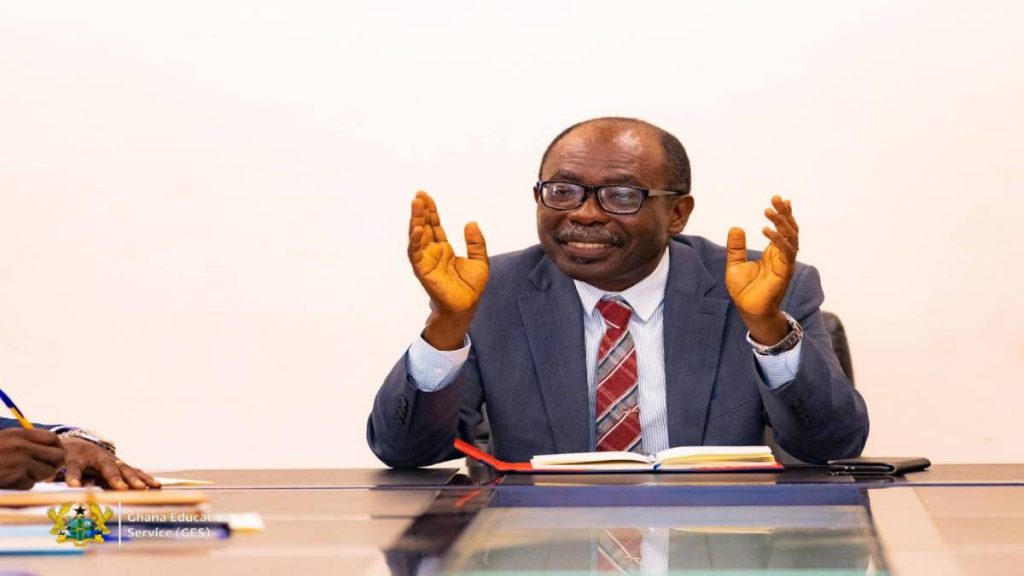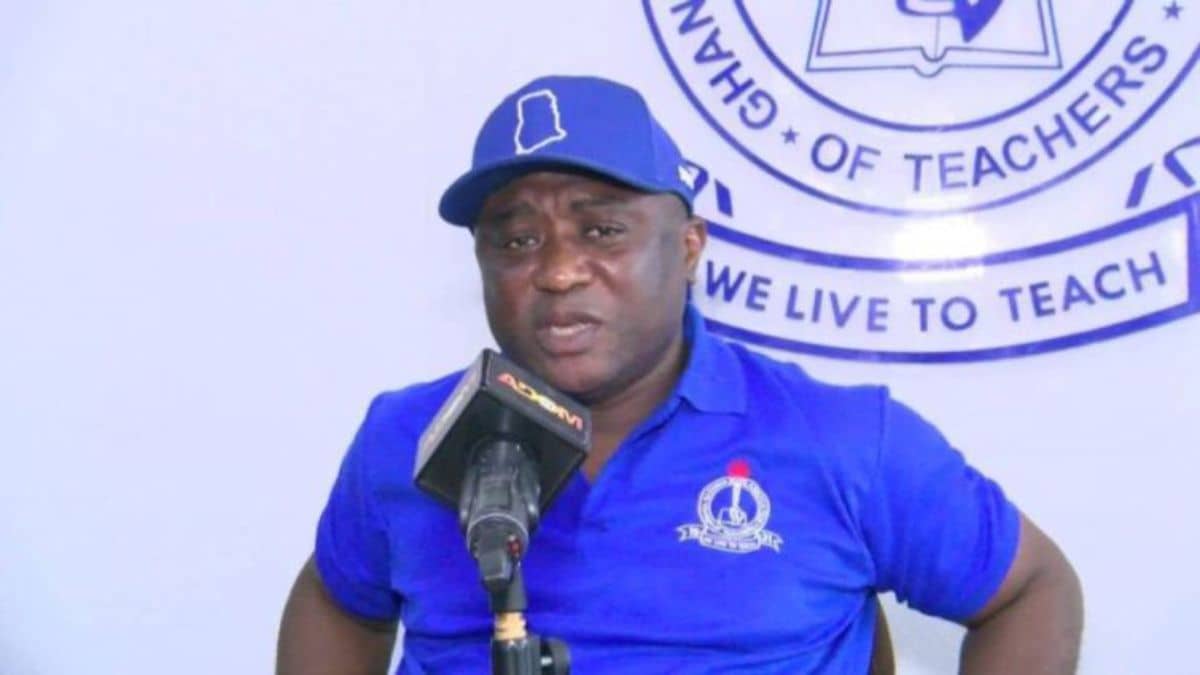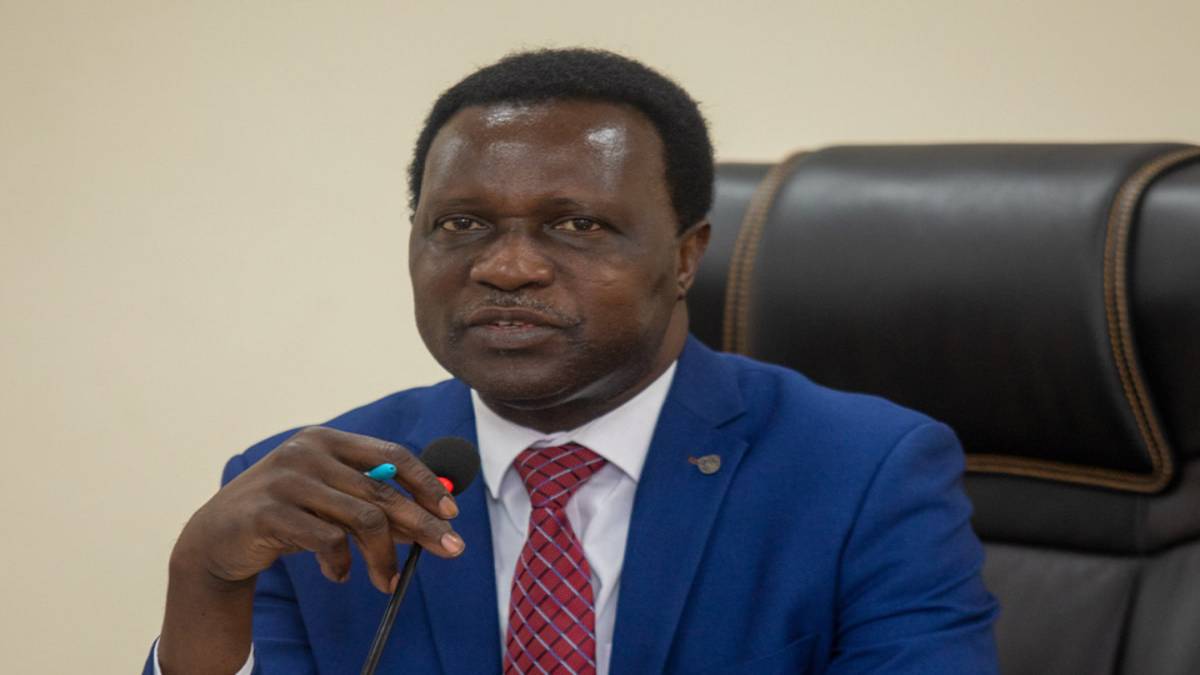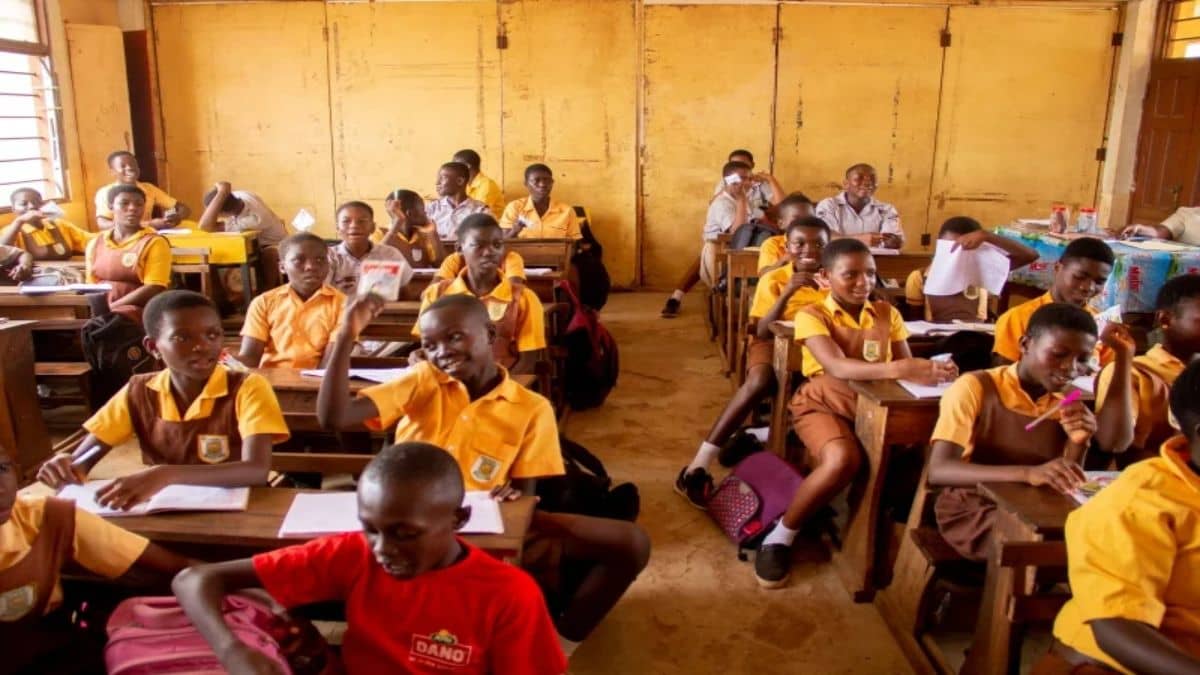GES urged to make the study of sign language mandatory in SHSs

The Parliamentary Select Committee on Education has urged the Ghana Education Service (GES) under the auspices of the Ministry of Education to make study of sign language compulsory in second cycle schools.
The Chairman of the Education Select Committee, Peter Nortsu Kotoe speaking at the 20th anniversary of the Sonrise Christian High School (SCHOSA) said In SCHOSA, sign language is compulsory so every student can understand and interpret it.
“So just imagine how beneficial a medical officer who has the capacity to communicate fluently with dumb and deaf patients without an interpreter would be in the society,” Mr Nortsu Kotoe stated.
He expressed joy that, apart from the sign language, the school had intended to establish a technical/ vocational department to equip students with employable skills.
“It has been a long time since we departed from the idea of getting employed to becoming an employer,” the Member of Parliament (MP) for the Akatsi North Constituency said.
The lawmaker said private Senior High Schools in the country had been outperforming public sector schools over the years by producing the best students at the West African Senior Schools Certificate Examination (WASSCE).
He lauded SCHOSA for not being mentioned in any examination malpractice in the country and advised the students to concentrate on the fact that their presence was to learn and drop the get-rich mentality.
The The Parliamentary Select Comittee on Education chairman proposal for the Ghana Education Service (GES) to introduce sign language in second cycle schools comes after the Ministry for Education directed for use of local or Ghanaian languge for teaching to be compulsory at the basic level.
The Minister of Education, Haruna Iddrisu said the decision to use local languages for teaching is aimed at removing the language barrier in education and improving learning outcomes at the basic level, and helping children understand lessons better in the languages they speak and know.
He explained that a child learns best in a familiar language and that it is unfair for Ghanaian children to begin their education entirely in English when they come from homes where local languages are spoken.
“The story is told of a young girl whose teacher was teaching in English at an early stage, and the child struggled to understand. That child was not born into an English family but a proud Ghanaian family. Every Ghanaian child deserves to learn in a language they understand,” the Minister said.
He empahsised that learning in local languages offers a strong foundation for lifelong learning, calling for more investment in early childhood education to give every Ghanaian child the best possible start.
The Deputy Minister for Education, Dr Clement Abas Apaak clarified that the directive applies only to the early years of education and not to the entire basic school system, as had been reported in some media outlets.
“The Honorable Minister for Education, Haruna Iddrisu, has asked me to clarify that the policy directive he announced on Friday regarding the compulsory use of mother tongue as a medium of instruction in our public basic schools is confined, emphasis, confined to KG up to primary three. In other words, KG and lower primary,” he said.



